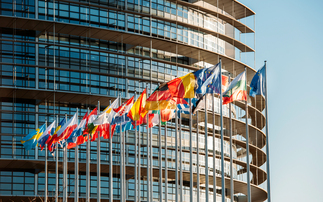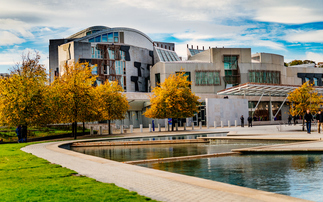The denouement to the Lima Summit may have been wearingly familiar, but it raises hopes for a 'we'll do what we can' climate treaty that would deliver a major boost to the global green economy
Ultimately, it all ended just as you'd expected. The final few days of the Lima Climate Summit were as predictable, familiar, and derivative as a One Direction album. Early progress stalled, negotiations...
To continue reading this article...
Join BusinessGreen
In just a few clicks you can start your free BusinessGreen Lite membership for 12 months, providing you access to:
- Three complimentary articles per month covering the latest real-time news, analysis, and opinion from Europe’s leading source of information on the Green economy and business
- Receive important and breaking news stories via our daily news alert
- Our weekly newsletter with the best of the week’s green business news and analysis








